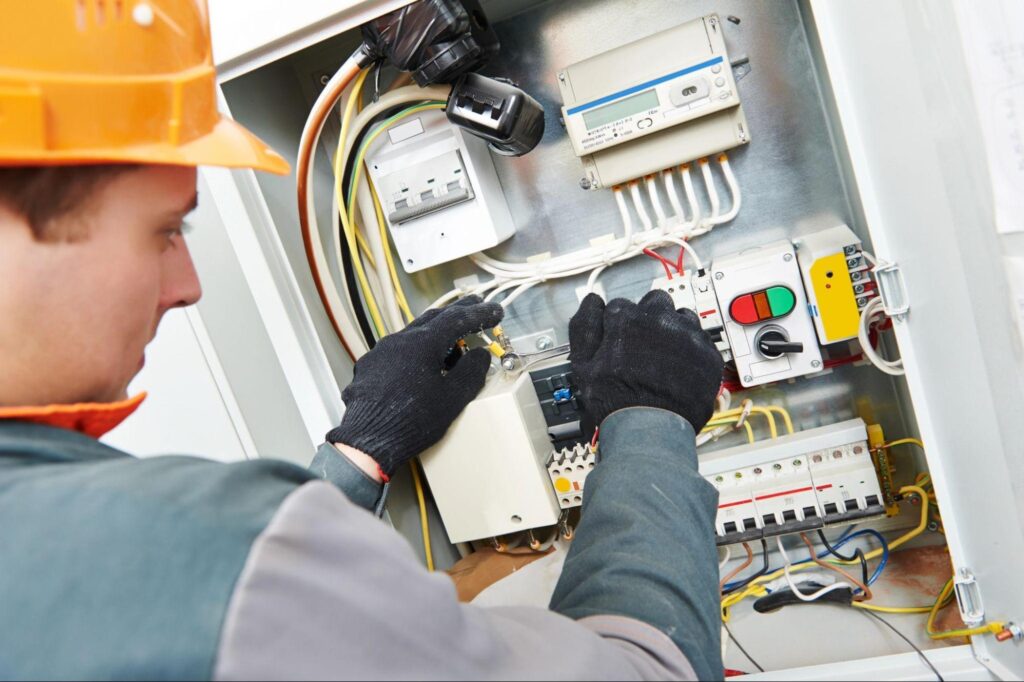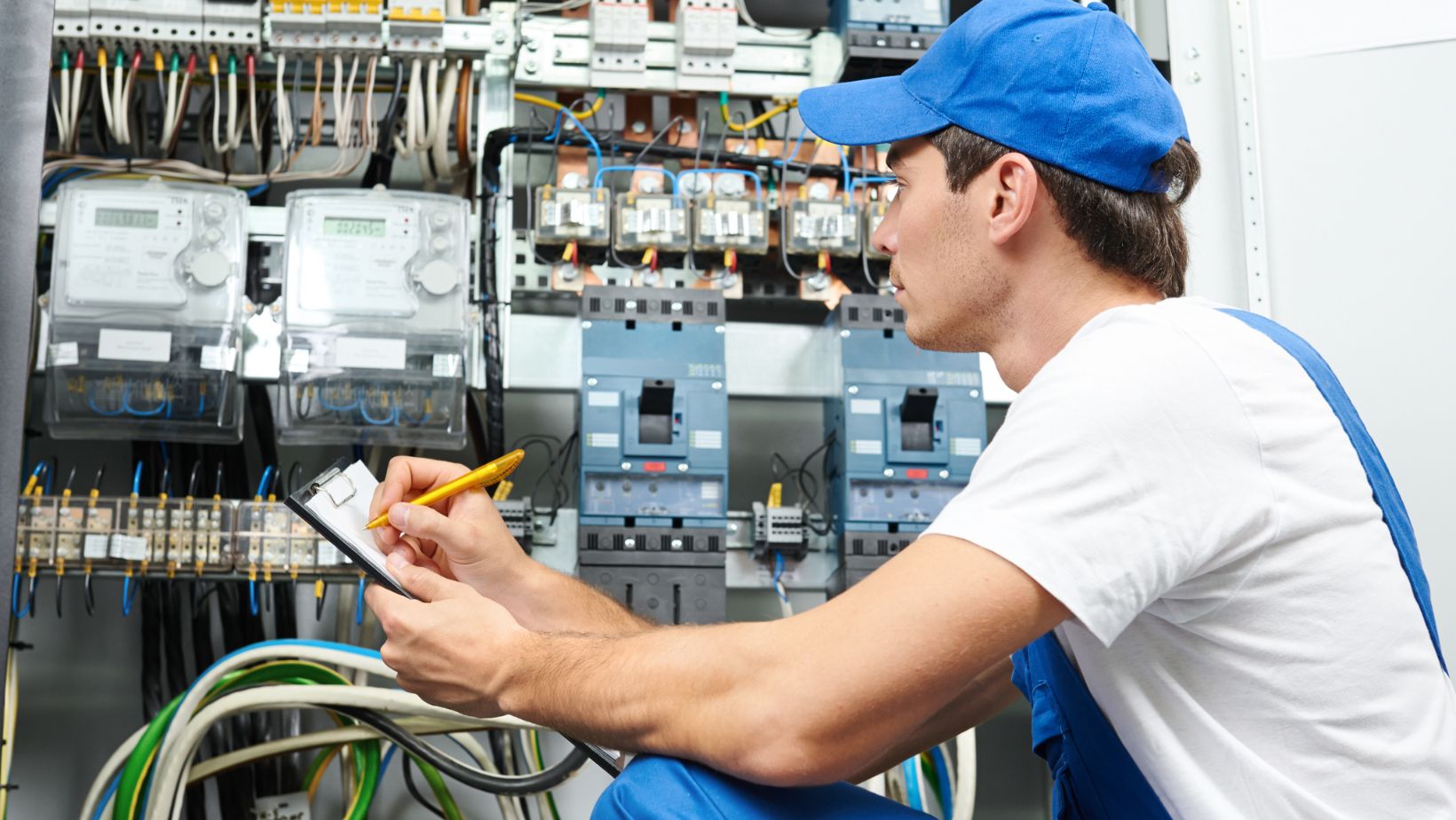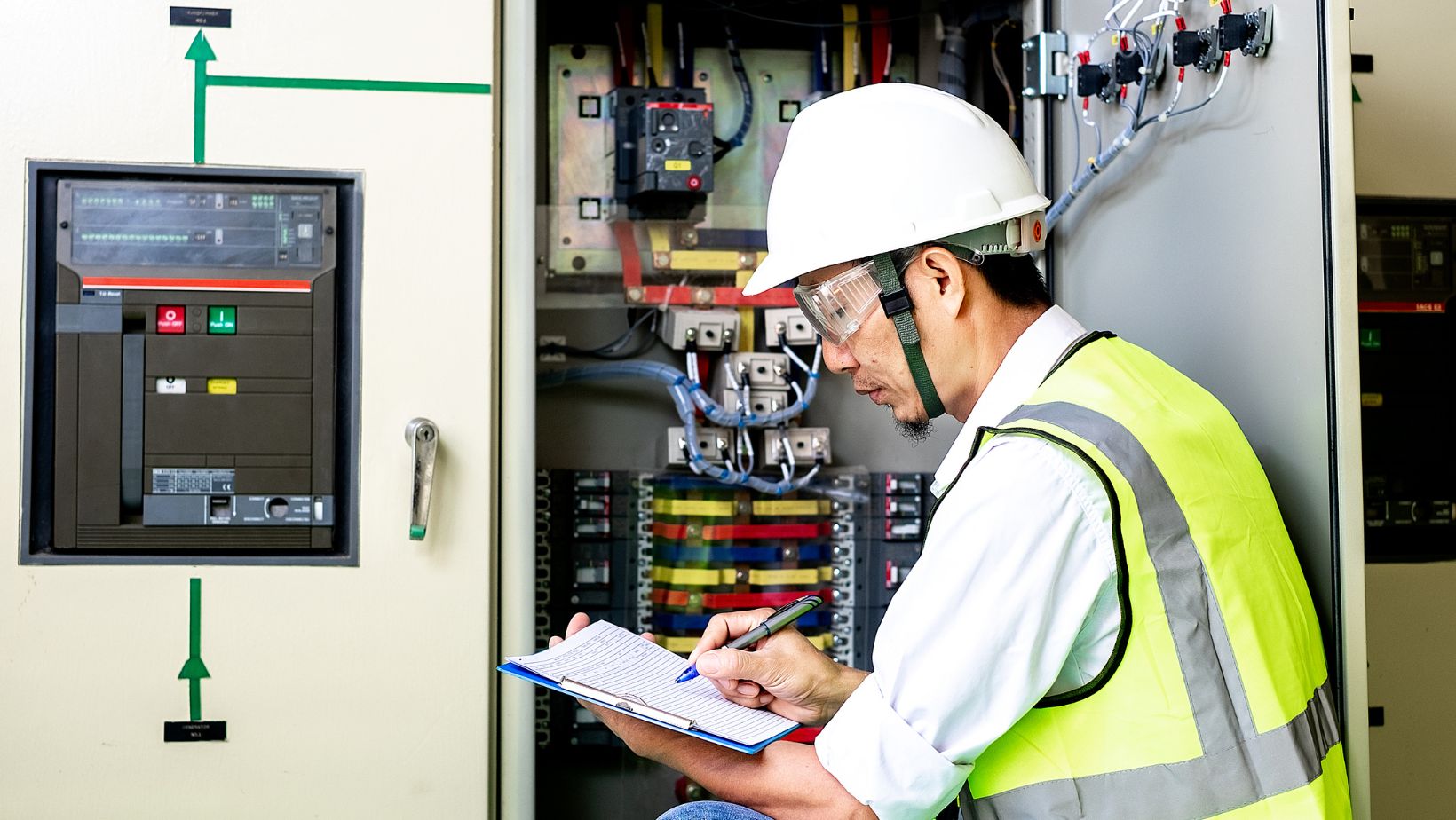
Electrical safety inspections are an essential component of maintaining both residential and commercial properties. These inspections are detailed evaluations conducted by certified electricians to ensure that electrical systems meet safety standards and operate efficiently. They serve to identify potential hazards that could lead to serious issues if left unaddressed. Neglecting electrical safety can result in dangerous situations, including fires, electrical shocks, and system failures, which can jeopardise both property and lives. This article aims to highlight the significance of regular electrical safety inspections, making it particularly relevant for homeowners, business owners, and property managers who seek to uphold stringent safety protocols.
What Are Electrical Safety Inspections?
Electrical safety inspections are thorough assessments that examine the integrity and functionality of an electrical system. These inspections can be categorised into three main types: residential, commercial, and industrial.
- Residential Inspections: Focus on single-family homes and apartment units, ensuring household wiring and electrical components are safe.
- Commercial Inspections: Cater to office buildings, retail spaces, and other commercial establishments, where the complexity and demand of the electrical system are higher.
- Industrial Inspections: Cover factories, warehouses, and other large-scale facilities that often have expansive and intricate electrical networks.
During these inspections, several key elements are evaluated, including the condition of wiring, electrical panels, circuit breakers, and outlets. Additionally, inspectors assess the adequacy of the electrical load, grounding, and bonding of the system, as well as compliance with local electrical codes.
Certified electricians conduct these inspections, bringing specialized training and experience to ensure a comprehensive assessment. Their qualifications typically include formal education, apprenticeship experience, and professional licensing to guarantee precise and informed evaluations.
Benefits of Regular Electrical Safety Inspections
There are numerous advantages to regularly scheduling electrical safety inspections. One of the most significant benefits is the enhancement of overall safety and the reduction of risks associated with electrical hazards. By identifying and rectifying issues early, the likelihood of electrical fires, electric shocks, and other accidents is substantially reduced.
Preventative maintenance is another critical benefit. Regular inspections help to prolong the lifespan of electrical systems by addressing wear and tear before it leads to more extensive damage. This proactive approach can also result in considerable cost savings, as minor repairs are generally less expensive than major overhauls or emergency fixes.
Moreover, routine inspections can highlight areas where energy efficiency can be improved, which can further reduce operational costs for commercial and industrial properties. Every little bit counts when it comes to maintaining a safe and efficient electrical system.
Common Electrical Issues Identified During Inspections
Electrical safety inspections often uncover a variety of common issues that, if ignored, can escalate into serious problems. Some of these issues include:
- Faulty Wiring and Outdated Systems: Older homes and buildings may have outdated wiring that doesn’t meet current safety standards. Faulty wiring can lead to electrical failures and is a significant fire hazard.
- Overloaded Circuits: Excessive use of electrical devices on a single circuit can cause overheating and potential fire risks. Inspections can pinpoint circuits that need upgrading or redistribution of the electrical load.
- Malfunctioning Outlets and Switches: Worn-out or damaged outlets and switches can pose significant risks, including shocks and electrical fires. Inspections ensure all outlets and switches function safely.
- Grounding and Bonding Issues: Proper grounding and bonding are crucial for safety. Inspections can identify deficiencies in these areas, which can be rectified to prevent electrical shocks and other hazards.
Legal and Insurance Implications
Electrical safety inspections are not just a best practice but often a legal requirement. Compliance with local and national electrical codes is mandatory for both residential and commercial properties, and regular inspections ensure this compliance is maintained. Failure to comply can result in fines, legal action, and even the closure of business operations in extreme cases.
From an insurance perspective, regular electrical safety inspections can offer several benefits. Many insurance providers recognise the value of these inspections and may offer reduced premiums for properties that undergo annual or biennial checks. Furthermore, staying on top of electrical safety reduces the risk of claims related to electrical fires or accidents, which can have substantial financial implications.
Neglecting electrical safety can also lead to significant legal ramifications. Property owners and managers could be held liable for damages or injuries resulting from electrical faults. Maintaining up-to-date inspection records can provide vital documentation to support compliance and due diligence in safety practices.
How to Schedule and Prepare for an Electrical Safety Inspection
Scheduling an electrical safety inspection begins with finding a qualified and reputable electrician. Recommendations from trusted sources or reviews from reliable websites can guide you to expert electrical help. Ensure the electrician holds appropriate licences and certifications.
Preparation for the inspection is relatively straightforward. Ensure clear access to electrical panels, outlets, and other components that will be evaluated. If the inspection is for a commercial or industrial property, inform employees and coordinate to minimise disruptions.
Understanding the inspection report is crucial for addressing identified issues. The report will detail problems found, recommend repairs or upgrades, and provide a timeline for necessary actions. Familiarise yourself with these recommendations to prioritise and address them promptly.
The frequency of electrical safety inspections varies depending on the type of property. Residential properties typically require inspections every 3-5 years, while commercial and industrial properties benefit from more frequent evaluations, often annually or biennially.
Conclusion
The importance of regular electrical safety inspections cannot be overstated. They play a critical role in ensuring the safe operation of electrical systems, preventing accidents, and maintaining compliance with legal and insurance requirements. By identifying and addressing issues early, these inspections help prevent costly repairs and safeguard property and lives.
For those responsible for residential, commercial, or industrial properties, now is the time to schedule an electrical safety inspection. Taking proactive measures today can prevent serious issues tomorrow. For those in the Nowra community, your local Nowra electricians offer expert electrical help and is committed to ensuring your safety and peace of mind. Contact them today to arrange an inspection and take the first step toward a safer environment.














